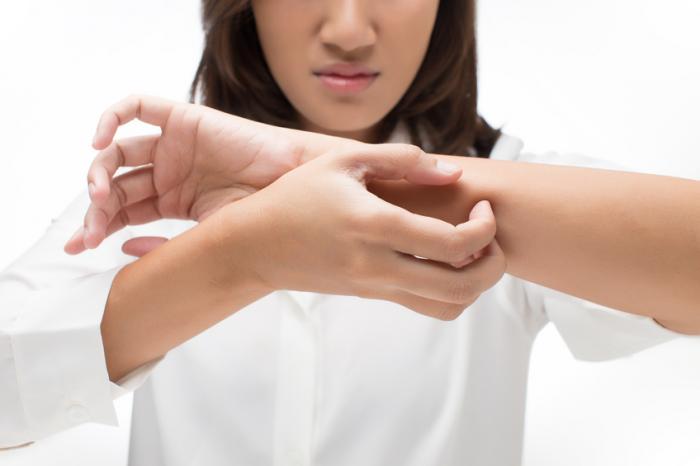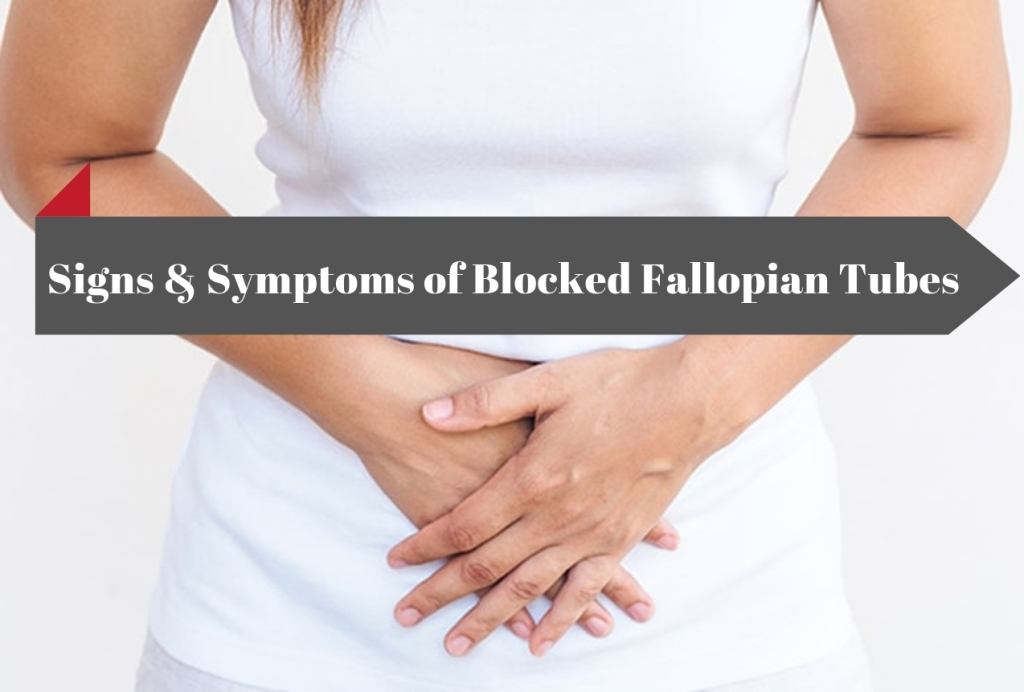Intrahepatic cholestasis is an uncommon condition that occurs during pregnancy affecting the liver causing itching during pregnancy and is seen in 1 in 70 pregnant women.
Pregnancy is not easy for all expecting mothers as there are several conditions that may affect a woman during pregnancy and pose complications. One such condition is cholestasis in which the liver cannot excrete the bile properly and can lead to severe itching to a pregnant woman leading to complications for the baby.
What is Intrahepatic Cholestasis?
Intrahepatic or obstetric cholestasis is an uncommon condition that occurs during pregnancy affecting the liver causing itching during pregnancy and is seen in 1 in 70 pregnant women. This condition leads to the blockage of the normal flow of bile in the body. Because the flow of bile is blocked, the bile builds up in the liver particularly the bile salts, then begins to leak into the bloodstream. When this happens, it makes the skin extremely itchy, especially of the hands and feet. It is usually seen in the last trimester of the pregnancy. While this condition does not seem to have any long-term effects on the mother’s health but can cause severe complications for the baby.
Causes of ICP
There aren’t any clear causes for icp but some are –
Hormonal factors
Some women might be highly sensitive to the changes in hormonal levels caused due to the pregnancy. The increase in estrogen and progesterone affects the liver that it slows down the bile as it flows through the tiny ducts.
Genetic factors
Women having icp in family history have more chances of developing the condition.
Signs and symptoms
Itching
This is the primary symptom of the condition and often affects the palms of the hands and the soles of the feet. The itching because of cholestasis will be worse at night though there will be no rash.
Jaundice
This is a rare symptom. The eyes and skin might turn yellow.
Dark urine
Urine passed by pregnant women suffering from cholestasis will be dark in color.
Light-colored stools
Stools will be lighter in color than normal/regular stools.
Tiredness
Cholestasis can leave a pregnant woman feeling drained, fatigued, and out of energy.
Loss of appetite
Cholestasis affects hunger and eating schedule.
Diagnosis of ICP
The doctor will suggest a blood test called liver function test or lft for detecting icp. Apart from this, a fasting serum bile acid test is also done. It tests are negative but the itching continues, these must be repeated. Ultrasound can also be done to rule out any gallbladder stones. Other tests to rule out abnormal liver functions like viral hepatitis, Epstein Barr virus, and cytomegalovirus are conducted before a diagnosis of icp can be made.
Risks in intrahepatic cholestasis
Complications for mother
The effects of cholestasis on the mother are usually non-life-threatening. The condition can temporarily affect how the body absorbs fat-soluble vitamins though this will hardly affect nutrition. The itching will usually resolve itself within a few days after delivery and the condition does not cause any long-term effects on the liver.
Complications to the unborn baby
Icp causes the baby to be born prematurely though the exact reason is not known. The fetus has a liquid called meconium that could leak into the amniotic fluid. If the fetus then inhales the meconium during delivery, complications with breathing can be seen. The condition could also cause fetal demise in late pregnancy. Due to the high chances of stillbirth due to icp, the doctor might induce labor by the 37th week.
Treatment of ICP
- Ursodeoxycholic acid is generally given for the itching and to restore the liver back to normal functioning.
- In cases of extreme cholestasis, the doctor will administer steroids.
- The leaking bile salts will cause a loss of vitamin k which is required for blood clotting, so vitamin k supplements can be prescribed.
Natural remedies
- Lower the temperature of the room by switching on the air conditioning.
- Do not use a blanket and stay uncovered while sleeping as heat can worsen the itching.
- Take a cool shower or bath right before bedtime because cholestasis itching worsens at night due to circadian fluctuations in pregnancy hormones and taking a bath with cold water can provide temporary relief and help sleep better.
- Soak the hands and feet in ice water for a while to get relief from the itching.
- Some women have also found that using a mild moisturizing lotion has provided some relief and using a lotion with menthol in it has helped. Before using any lotion, check with the doctor first.
- Eat a healthy and balanced diet with minimal oily and fatty food to reduce the pressure on the liver.
- Use only mild soaps so as to not further irritate the skin.
- Wear loose clothing to let the skin breathe.
Conclusion
Intrahepatic cholestasis of pregnancy (icp) or obstetric cholestasis can be an uncomfortable condition and cause serious complications for the mother and baby. Keep a note of all symptoms and contact the doctor.
References –
- intrahepatic cholestasis of pregnancy: MedlinePlus genetics
- https://www.ncbi.nlm.nih.gov/books/NBK551503/













